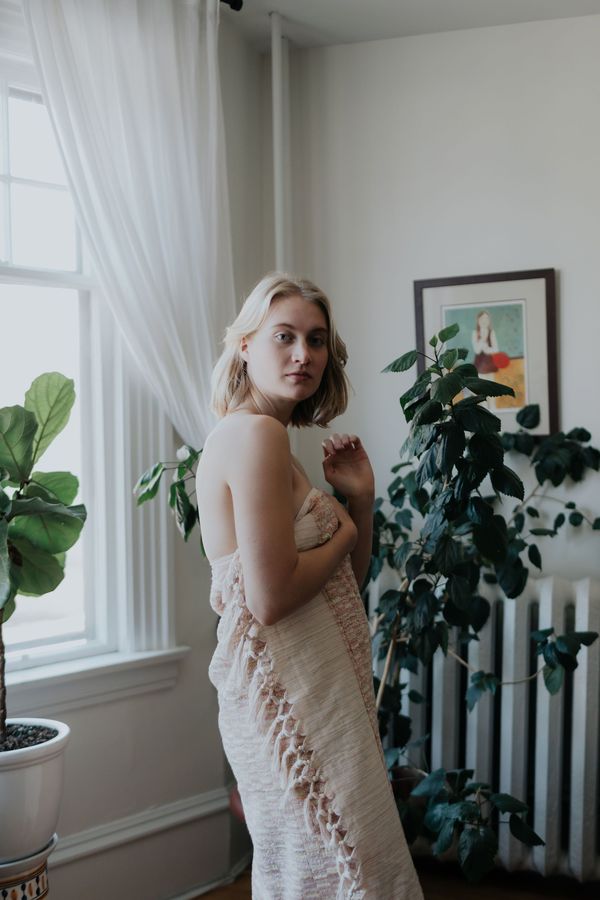Factors You Need to Consider When Choosing Bath Towels
No matter what style of towel you prefer, be sure to get well-made, high-quality items. Look for items manufactured with single-ply yarns, which reduce breakage and extend the life of your towel, and long-staple cotton, which produces the strongest and smoothest feel. In addition to the towel’s fabric, you should think about the towel’s design, size, weight, and absorbency, as well as specifics like loop density and double-turned edges, sustainability, and care and cleaning instructions.
If you want to do it well, choosing bath towels can take some time. Sure, anyone can get some inexpensive options from an online retailer of home goods, but it takes time and effort to select the bath towels that have the highest durability, fluffiness, and drying power. The biggest, fluffiest, or most expensive towel may not always be the best or last after a few uses, it turns out.
CHECK THE FIBRE CONTENT:
The softest and most absorbent material is 100% cotton. Avoid placing too much emphasis on premium cotton like Egyptian and Supima, which are typically regarded as the best but had no impact on the softness, absorbency, or durability of our towel testing. A combination of cotton and polyester is another choice: It frequently costs less, dries faster, and is stronger.
CONSIDER THE WEIGHT:
In grams, towels are weighed (GSM). Generally speaking, a towel will be denser, more absorbent, and plusher the heavier it is. Lightweight is defined as 300–400 GSM, medium as 400–600 GSM, and heavy as 600–900 GSM. The 500–700 GSM range had the best results in our test.

CONSIDER THE DENSITY:
The Micro Cotton team claims that dense loops increase absorbency, so be on the lookout for bath towels with big, textured, or densely woven loops. When inspecting a towel in person, pay close attention to its appearance. If it is sufficiently dense, you shouldn’t be able to see its deepest layer.
PICK YOUR WEAVE:
How quickly a towel dries and how absorbent it depends on its weave. Because each loop increases the surface area available to absorb water, terry towels are particularly absorbent because of their tiny loops of twisted threads. However, a fluffy towel like this one takes longer to dry than thinner ones. Look for 100% cotton or a blend with at least 50% cotton for the best absorbency.
The tight weave of this thin bath sheet makes it less absorbent than other types, yet it is nonetheless lightweight, strong, and quick to dry. These towels are ideal for trips because they don’t take up much room in luggage, can be used as blankets on chilly aircraft rides, and dry rapidly when spread out in a hot car after a day at the beach.

According to the Micro Cotton team, a typical bath towel is large enough for a rapid dry-off and is 30 by 56 inches. A bath sheet, also known as a body towel, is a superior option for greater coverage and warmth for taller or larger persons (as well as those who frequently go for a post-shower stroll in a towel). These oversized bath towels, measuring roughly 33 by 70 inches, come at an additional expense but provide a cozier experience.
GO BIGGER:

FIBER OF TOWEL:
Combed cotton is cotton that has been brushed to remove any short fibers, resulting in a softer, longer-lasting fabric. Cotton that has been ring-spun is made of long and short fibers that are tightly twisted to create strong, smooth towel loops. A high twist is more durable, but a low (or zero) twist increases surface area to make the towel plusher and more absorbent.
CONCLUSION:
All you need after taking a soothing shower is a soft towel to dry you off by removing most of the water from your body. You should choose the highest-quality, most absorbent bath towel. Heavier towels are typically more absorbent than thinner, lighter towels.
